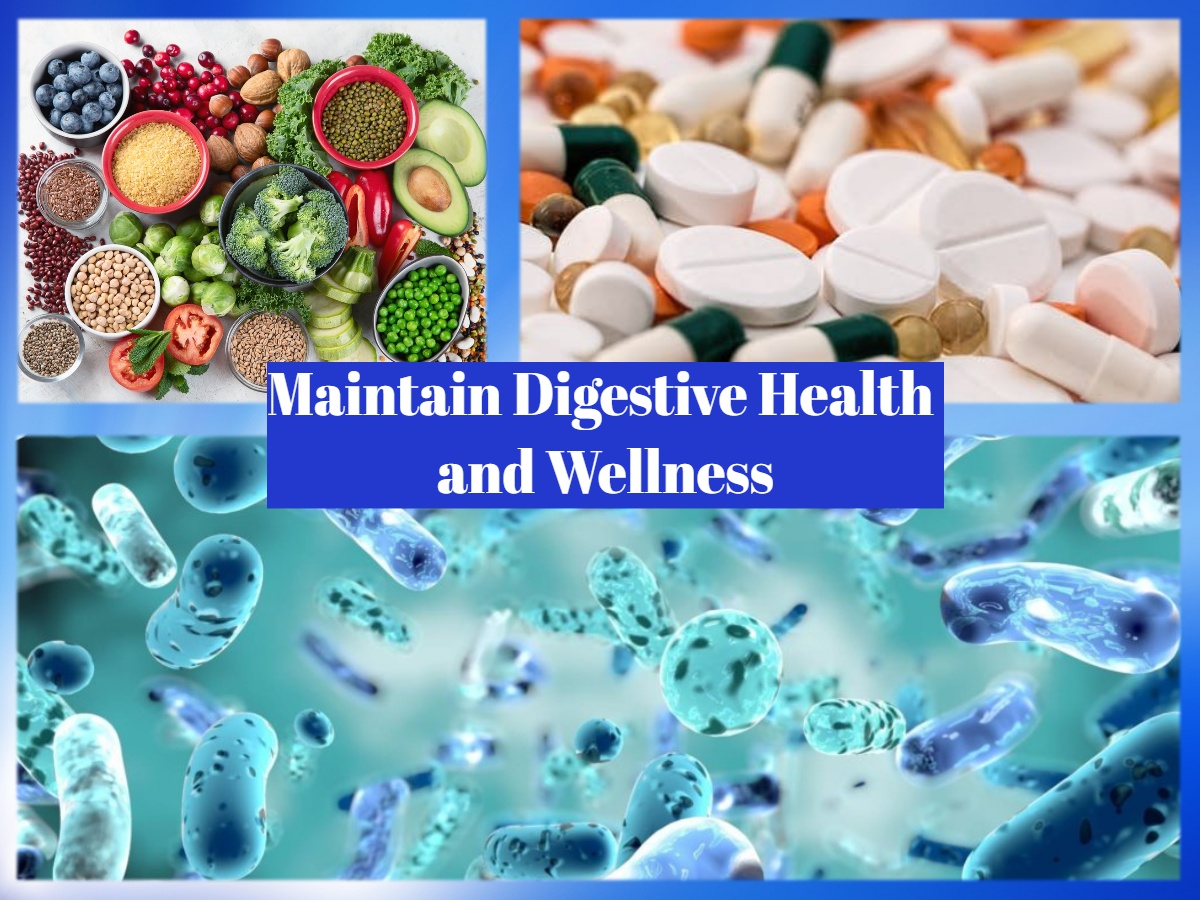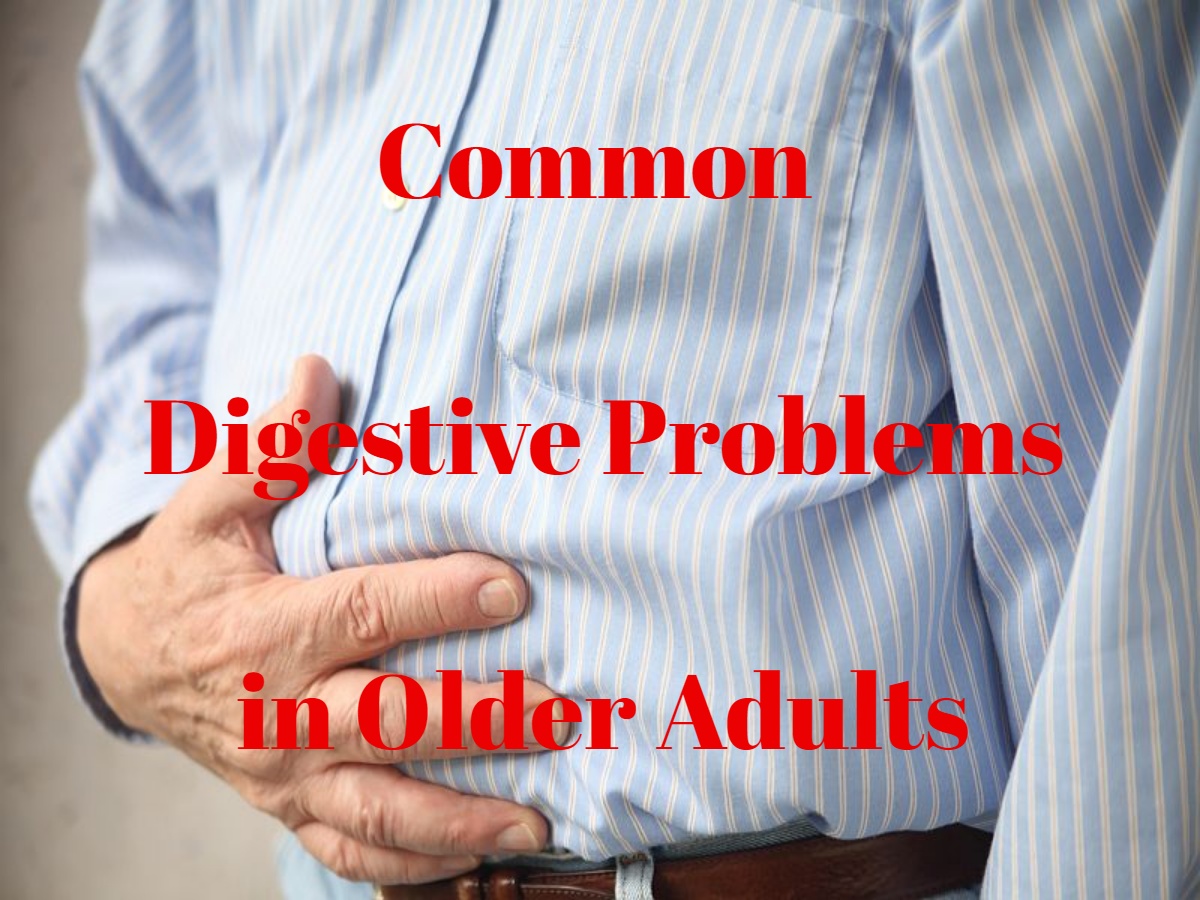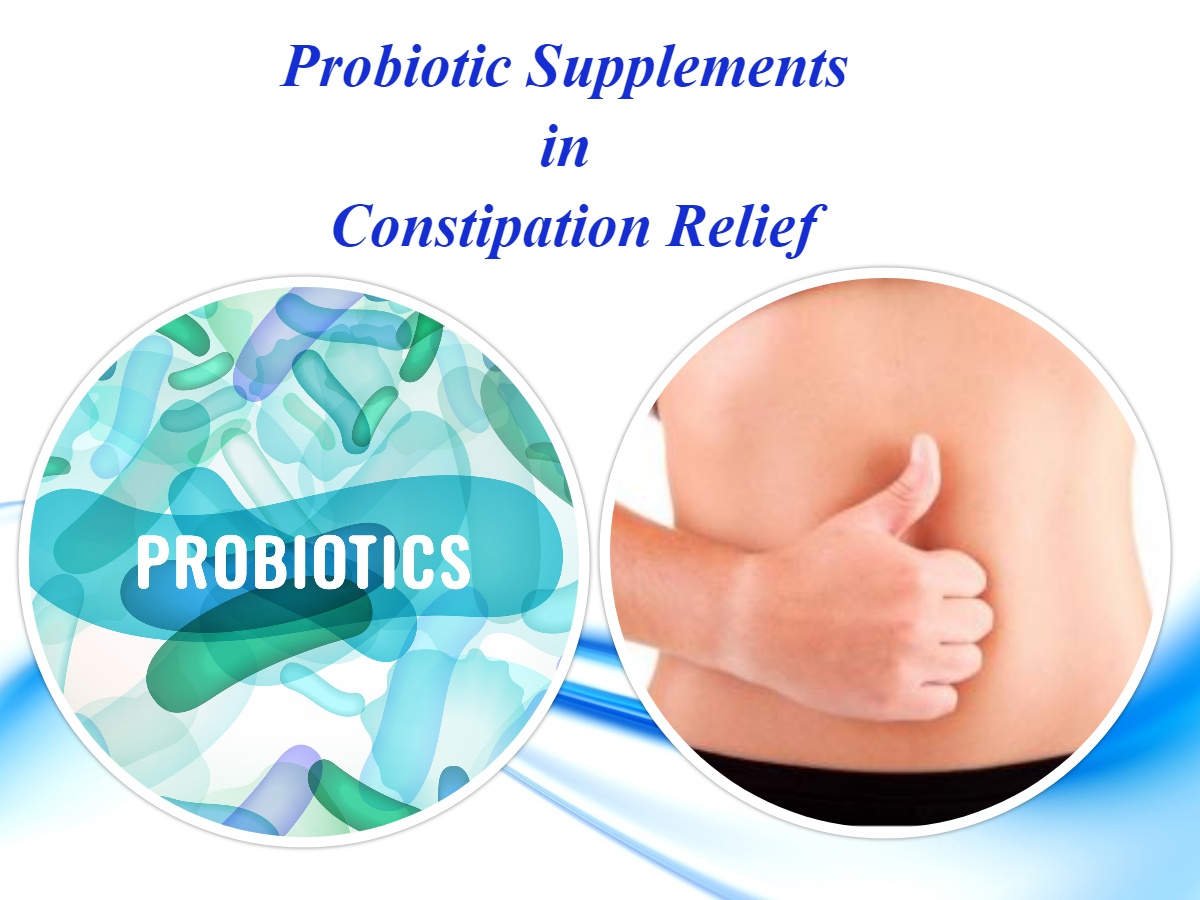Discover the Power of Probiotics in promoting gut-healthy living and combating constipation. Learn how these beneficial bacteria can transform your digestive health and enhance overall well-being with our comprehensive guide.
Table of Contents
Introduction
Gut health is pivotal for overall wellness, serving as our body’s command center for digestion, immune function, and even mood regulation. Among the myriad solutions for maintaining a healthy gut, probiotics have emerged as a powerful ally, especially in the fight against constipation. This article delves into the importance of probiotics for gut health, backed by scientific insights and practical tips for incorporating these beneficial bacteria into your life.
Understanding Constipation
Causes of Constipation
Constipation can result from a variety of factors, often involving diet, lifestyle, and bodily functions. Some of the most common causes include:
- Low Fiber Intake: A diet lacking in adequate fiber is a primary culprit. Fiber helps add bulk to the stool, making it easier to pass.
- Inadequate Hydration: Not drinking enough water can lead to hard, dry stools that are difficult to pass.
- Lack of Exercise: Physical activity helps stimulate intestinal activity, whereas a sedentary lifestyle can slow down bowel movements.
- Medication Side Effects: Certain medications, including painkillers, antidepressants, and iron supplements, can lead to constipation.
- Ignoring the Urge to Go: Regularly ignoring bowel movement urges can result in harder stools and more difficulty passing them later.
- Stress: High levels of stress can affect the body in numerous ways, including slowing down the digestive system.
Symptoms and Diagnosis
The symptoms of constipation can vary, but they typically include:
- Less than three bowel movements per week
- Hard, dry, or lumpy stools
- Straining or pain during bowel movements
- A feeling of incomplete evacuation
Diagnosis usually involves a physical examination and a review of the individual’s dietary habits, lifestyle, and bowel movement patterns. In some cases, additional tests such as blood tests or colonoscopy might be recommended to rule out other conditions.
Impact on Quality of Life
Chronic constipation can significantly affect an individual’s quality of life, leading to physical discomfort, pain, and bloating. Beyond the physical symptoms, it can also cause psychological distress, including embarrassment, frustration, and anxiety about bowel habits. The condition can interfere with daily activities, work, and social interactions, making it more than just a minor nuisance.

The Science Behind Probiotics
What Are Probiotics?
Probiotics are a diverse group of live microorganisms, primarily bacteria, that are similar to the beneficial microorganisms found naturally in the human gut. They belong to various strains and species, each with its unique role and benefit in the human body. The most commonly recognized families of bacteria that are used as probiotics include Lactobacillus and Bifidobacterium.
Types of Probiotic Strains
Each probiotic strain has specific health benefits, and their effects can vary widely. For instance:
- Lactobacillus strains are particularly beneficial in treating diarrhea and may help with digesting lactose, the sugar in milk that can cause issues for people with lactose intolerance.
- Bifidobacterium strains can ease symptoms of irritable bowel syndrome (IBS) and are known for their role in maintaining a healthy gut barrier.
Understanding the specific strains and their benefits is crucial in selecting the right probiotic for addressing particular health concerns, including digestive issues like constipation.
How Probiotics Aid Digestion
The mechanisms through which probiotics influence digestion and gut health are multifaceted:
- Enhancing Gut Microbiota: Probiotics can help balance the gut microbiota, the community of microorganisms living in the digestive tract. This balance is vital for digestive health, immune function, and even mental health.
- Barrier Function: They strengthen the gut barrier, preventing harmful pathogens from crossing into the bloodstream and causing inflammation or infection.
- Stimulating Immune Response: Probiotics interact with the gut’s immune cells, stimulating a protective response that can prevent the onset of harmful infections.
- Impact on Bowel Movements: Specific strains of probiotics can increase stool frequency and improve stool consistency by affecting the gut’s motility and function, offering relief to individuals suffering from constipation.
Clinical Evidence Supporting Probiotics
A growing body of research underscores the beneficial effects of probiotics on gut health. Clinical studies have demonstrated that certain probiotic strains can significantly improve bowel movement frequency and stool consistency in people with constipation. Moreover, probiotics are investigated for their potential to enhance nutrient absorption, reduce inflammation in conditions like IBS, and even impact mood and mental health through the gut-brain axis.
Probiotics and Constipation Relief
Clinical Evidence Supporting Probiotics
Numerous studies have explored the efficacy of probiotics in relieving constipation, with many reporting positive outcomes. Research indicates that probiotics can enhance bowel movement frequency, improve stool consistency, and reduce the effort required during defecation. These effects are attributed to probiotics’ ability to modulate the gut microbiota, enhance intestinal motility, and improve the gut’s overall environment.
For instance, a meta-analysis of randomized controlled trials has shown that probiotics significantly increase stool frequency and soften stool consistency in individuals suffering from constipation. These findings underscore the potential of probiotics as a natural, effective approach to managing this common digestive issue.
Probiotic Strains Effective for Constipation
While various probiotic strains have been studied for their health benefits, certain strains stand out for their effectiveness in constipation relief:
- Lactobacillus plantarum: Known for improving bowel regularity and stool consistency.
- Bifidobacterium lactis: Studies suggest this strain can increase bowel movement frequency and soften stools, making them easier to pass.
- Lactobacillus reuteri: Has shown potential in speeding up intestinal transit time, thus reducing constipation.
It’s important to note that the efficacy of probiotics can vary based on the individual’s unique gut flora, the specific probiotic strains used, and the dosage. Consulting with a healthcare provider is recommended to determine the most suitable probiotic supplement for one’s needs.
Mechanisms of Action
The mechanisms by which probiotics alleviate constipation are multifaceted. They include:
- Balancing Gut Microbiota: Probiotics help restore the balance of good and bad bacteria in the gut, which is essential for healthy digestive function.
- Enhancing Intestinal Motility: Certain probiotics can stimulate muscle contractions in the gastrointestinal tract, facilitating easier bowel movements.
- Producing Short-Chain Fatty Acids (SCFAs): Probiotics ferment dietary fibers, producing SCFAs that can improve bowel regularity and consistency.
- Modulating the Gut-Brain Axis: Probiotics may influence the gut-brain communication, affecting gastrointestinal motility and function.
Incorporating Probiotics into Your Diet
To achieve the constipation-relief benefits of probiotics, incorporating them into the diet is key. This can be achieved through:
- Fermented Foods: Yogurt, kefir, sauerkraut, and kimchi are rich in natural probiotics.
- Probiotic Supplements: These offer a direct, concentrated source of specific probiotic strains known to aid in constipation relief.

Lifestyle Changes to Enhance Probiotic Benefits
Hydration
One of the simplest yet most effective ways to support probiotic activity and combat constipation is by staying adequately hydrated. Water plays a pivotal role in digestion, helping to soften stools and stimulate bowel movements. It also supports the survival and function of probiotic bacteria in the gut. Aim for at least 8 glasses of water a day, or more depending on your activity level and climate.
Diet Rich in Fiber
A diet high in fiber is essential for boosting probiotic effects and alleviating constipation. Fiber serves as a prebiotic, providing the necessary nutrients for probiotics to thrive. It also adds bulk to stools, making them easier to pass. Include a variety of fiber-rich foods in your diet, such as fruits, vegetables, whole grains, and legumes, to support digestive health and probiotic activity.
Regular Exercise
Physical activity is known to enhance gut motility, which can help prevent and relieve constipation. Exercise also promotes a more diverse and healthy gut microbiota, creating a favorable environment for probiotics. Incorporate regular exercise into your routine, such as walking, cycling, yoga, or swimming, to stimulate digestion and support overall gut health.
Stress Management
Stress can have a detrimental effect on gut health, including reducing the efficacy of probiotics and exacerbating constipation. Managing stress through techniques such as meditation, deep breathing exercises, and mindfulness can help maintain a healthy gut-brain axis, supporting digestive function and the benefits of probiotics.
Adequate Sleep
Getting enough quality sleep is crucial for gut health. Disrupted sleep patterns can affect the gut microbiota balance, potentially diminishing the positive effects of probiotics. Aim for 7-9 hours of sleep per night to support your digestive system and overall health.
Avoiding Harmful Substances
Certain substances, like antibiotics, excessive alcohol, and some types of medication, can disrupt the gut microbiome, hindering the benefits of probiotics. While it’s not always possible to avoid these substances, being mindful of their impact and seeking alternatives when appropriate can help maintain a healthy gut environment.

Precautions and Considerations
Choosing the Right Probiotic Supplement
- Strain Specificity: Different probiotic strains have unique effects. It’s essential to choose a supplement containing strains that have been clinically proven to address your specific health concerns, such as constipation.
- Quality and Purity: Opt for probiotics from reputable manufacturers who adhere to high-quality production standards. Check for certifications or third-party testing to ensure the product’s purity and potency.
- Expiration Date: Probiotics are live organisms. Ensure the product is within its expiration date to guarantee the bacteria are still active and effective.
Dosage
- The appropriate dosage can vary significantly depending on the probiotic strain and the condition being addressed. Follow the manufacturer’s recommendations or consult a healthcare professional to determine the right dosage for your needs.
Potential Side Effects
- While probiotics are generally safe for most people, some individuals may experience side effects, especially during the initial period of use. These can include digestive symptoms such as gas, bloating, or mild discomfort. Such symptoms are usually temporary as the body adjusts. However, if symptoms persist, it may be advisable to reduce the dosage or try a different probiotic strain.
Interactions with Medications
- Probiotics can interact with certain medications, potentially altering their efficacy. For example, antibiotic treatments can diminish probiotic effectiveness, as antibiotics do not discriminate between harmful bacteria and beneficial probiotics. If you’re taking any medication, particularly immunosuppressive drugs, it’s important to discuss probiotic use with your healthcare provider.
Conditions Requiring Special Caution
- Individuals with compromised immune systems, such as those with HIV/AIDS, undergoing chemotherapy, or who have had organ transplants, should exercise caution with probiotics. In rare cases, probiotics can cause infections in individuals with weakened immune defenses. Consulting a healthcare professional before starting probiotics is crucial for these groups.
Timing of Consumption
- The efficacy of probiotics can be influenced by when and how they are taken. Some strains are best taken on an empty stomach, while others should be consumed with food to enhance survival through the digestive tract. Refer to the product instructions or consult with a healthcare provider for guidance.
Long-term Use
- The long-term effects of probiotic use are still under investigation. While they are considered safe for most people, the long-term implications on the gut microbiome are not fully understood. Regularly assessing your health needs and consulting with a healthcare provider can ensure that probiotic use remains beneficial.

Conclusion
Incorporating probiotics into your diet can be a game-changer for those struggling with constipation, offering a natural and effective way to improve gut health. By understanding the types of probiotics, their benefits, and how to include them in your diet, along with making necessary lifestyle changes, you can harness the power of probiotics for a healthier, more comfortable life.









